The Impact of Plastic Waste on Marine Ecosystems
By. Rani - 05 Aug 2025
lautnusantara.com Coastal littering is a serious issue that affects both the environment and human health. Plastic waste is one of the most common types of trash found on beaches. While the codes on plastic products are meant to aid in recycling, plastic waste management in Indonesia is not yet well-handled. Plastic trash that is scattered on beaches and carried out to sea becomes difficult-to-decompose waste, impacting environmental cleanliness and the health of living organisms. Additionally, human activities like deforestation, air and soil pollution, and destructive fishing methods also harm the environment.
Therefore, public awareness and action are needed to protect the environment. For example, you can observe or monitor fishing and environmental activities in your area and report any suspected destructive fishing to fisheries regulatory bodies or law enforcement. With proper awareness and action, we can protect the environment and prevent pollution on our beaches.
The Dangers of Marine Pollution
Marine pollution has very harmful effects on the environment and the organisms living there. Here are some of the impacts of pollution on the surrounding environment and organisms:
-
Disturbing ecological, ecotoxicological, and economic balance in both the short and long term.
-
Damaging marine ecosystems, especially coral reefs.
-
Accumulating plastic waste in the sea, which can harm organisms in the water column.
-
Negatively affecting marine ecosystems.
-
Spoiling the scenery, causing unpleasant odors, and contributing to minor or major flooding.
-
Harming marine animals like fish, sea turtles, dolphins, and others.
Government Efforts to Combat Marine Pollution
The Indonesian government has committed to reducing total national marine waste by up to 70% by 2025. This commitment is supported by the implementation of various regulations and policies to ensure consistent and comprehensive enforcement.
Here are some of the government's efforts to address the issue of marine pollution:
-
Educating people on how to manage waste from passenger or cargo ships during sea crossings.
-
Implementing intensified and integrated waste management from upstream to downstream.
-
Controlling industrial emissions, treating wastewater, and reducing the use of chemical fertilizers to decrease coastal pollution and the growth of harmful and toxic organisms.
-
Tackling plastic waste in Indonesian waters through regional cooperation with several countries.
-
Launching a national movement to raise awareness among stakeholders, manage land-based waste, and combat marine debris.
-
Educating the public about the harmful effects of dumping trash into the sea and encouraging them to reduce plastic use and dispose of waste properly.
With these efforts, the government hopes to reduce the amount of trash in the sea and prevent pollution that harms the environment and its living organisms.
If you are interested in our Coral Trout Fillet Skin On, CORAL TROUT WGG WHOLE GILLED GUTTED please do not hesitate to contact us through email and/or whatsapp.
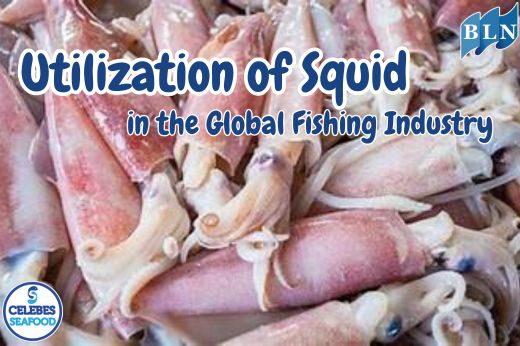

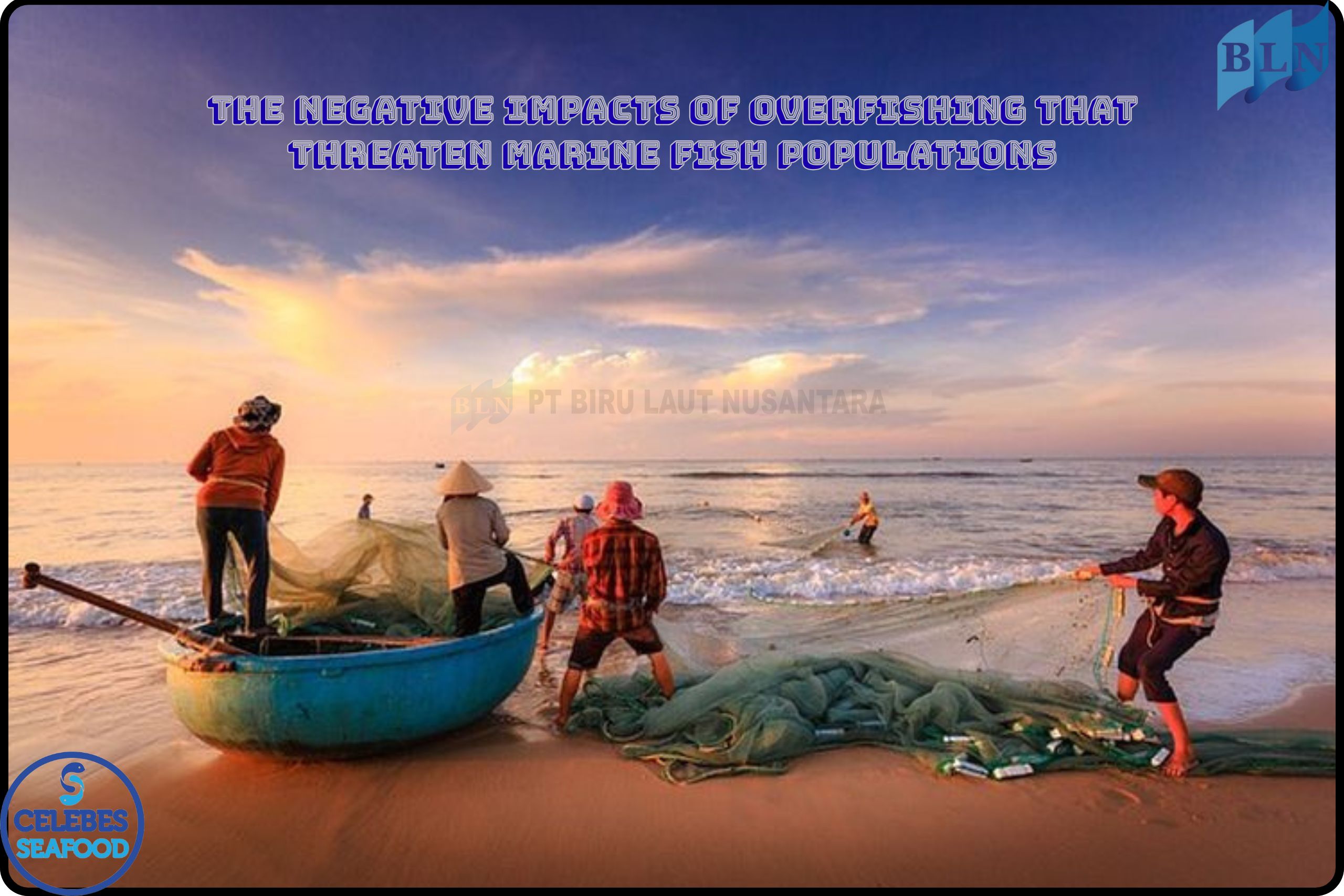
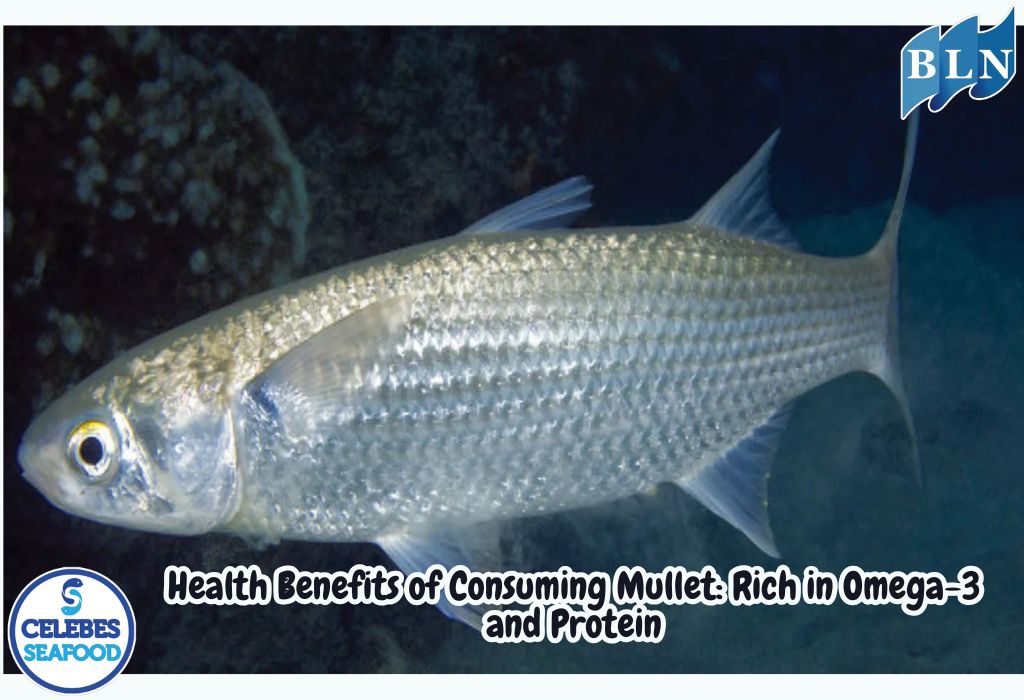

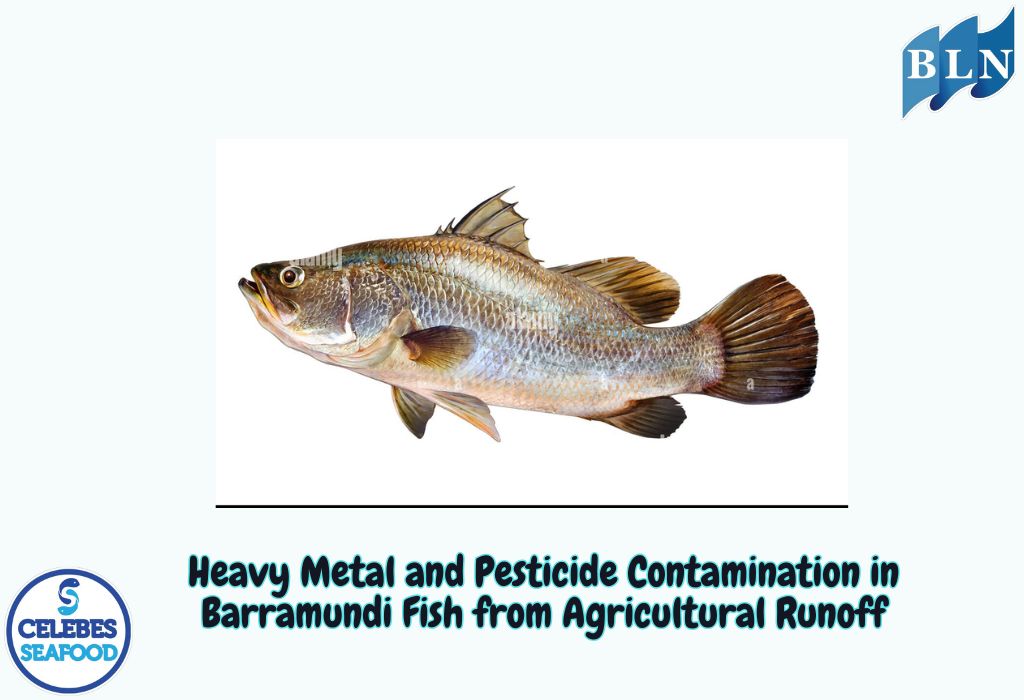
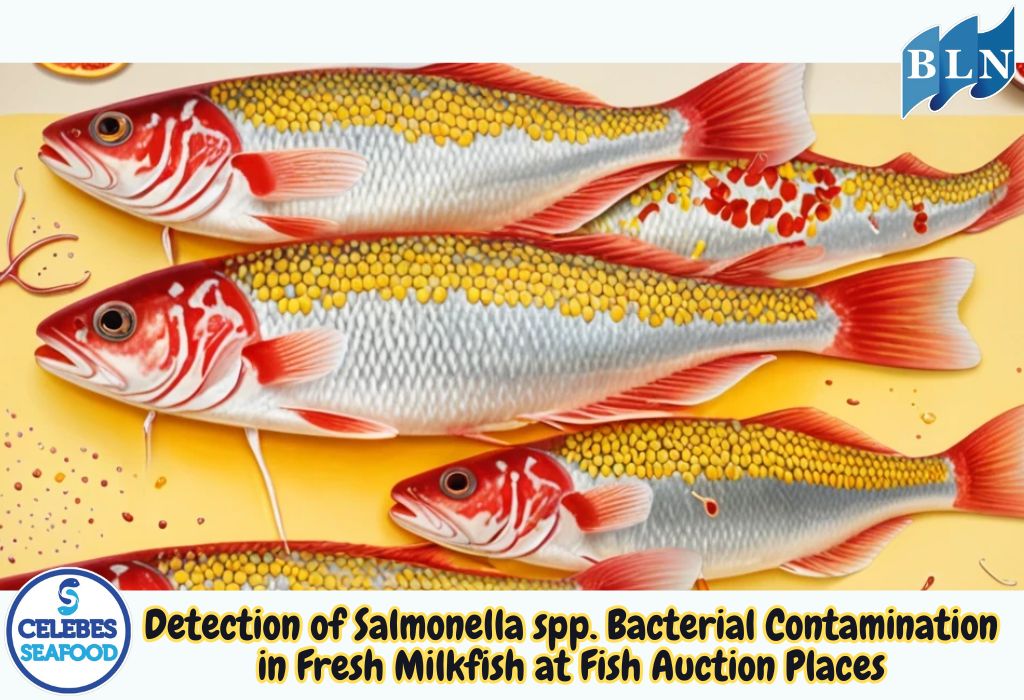
.jpg)